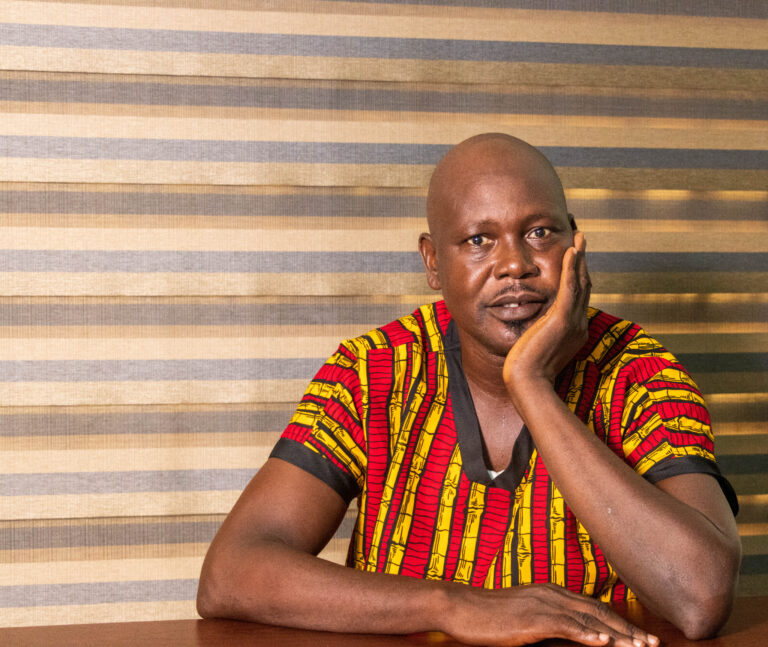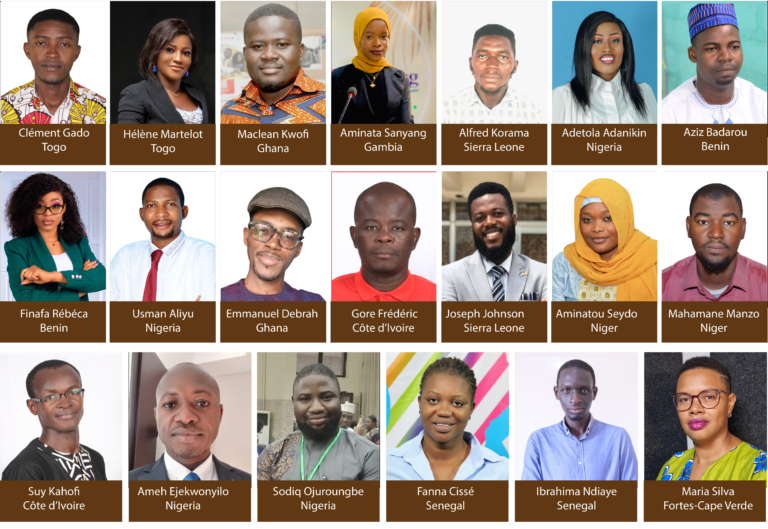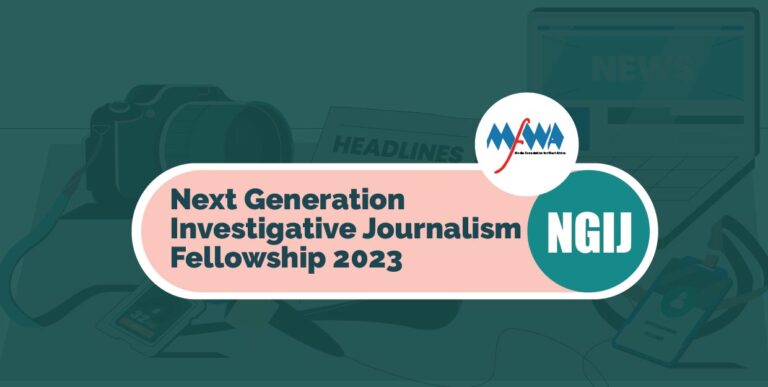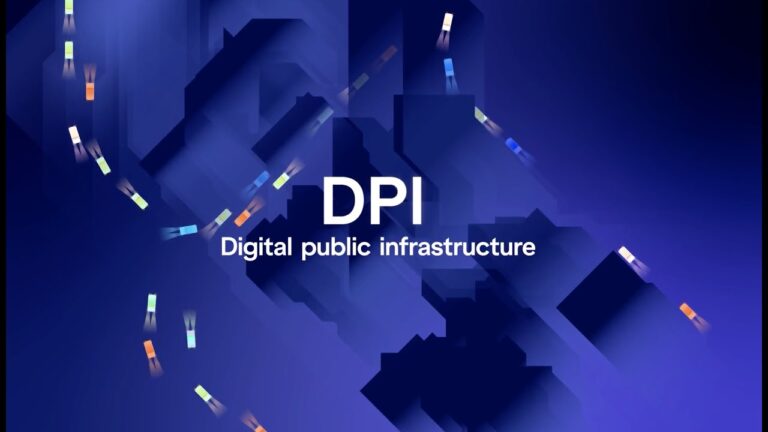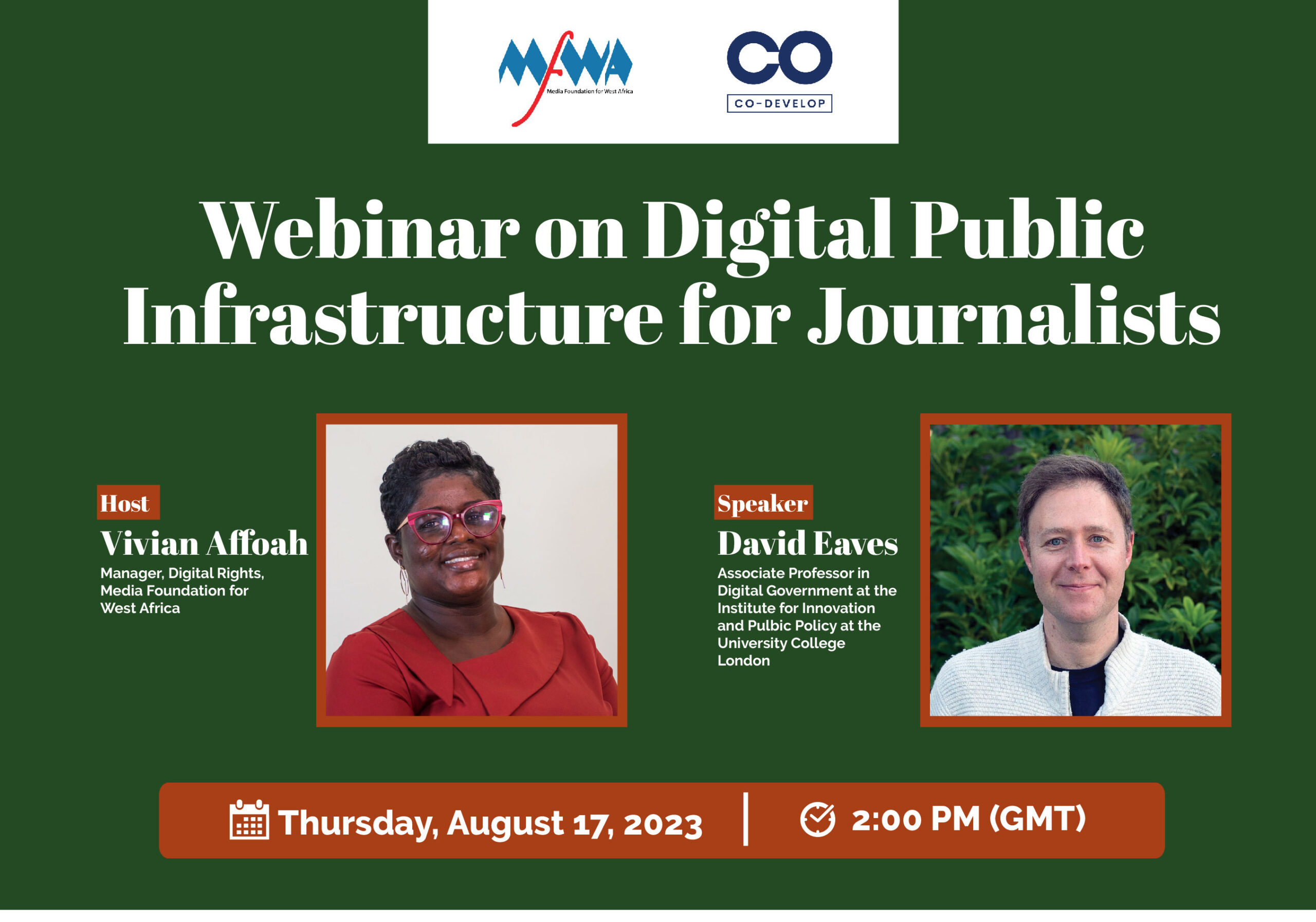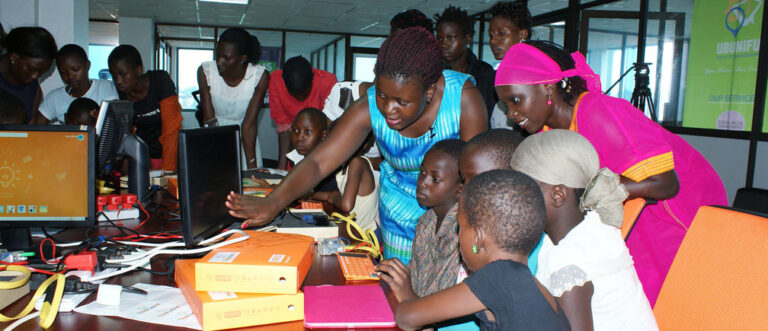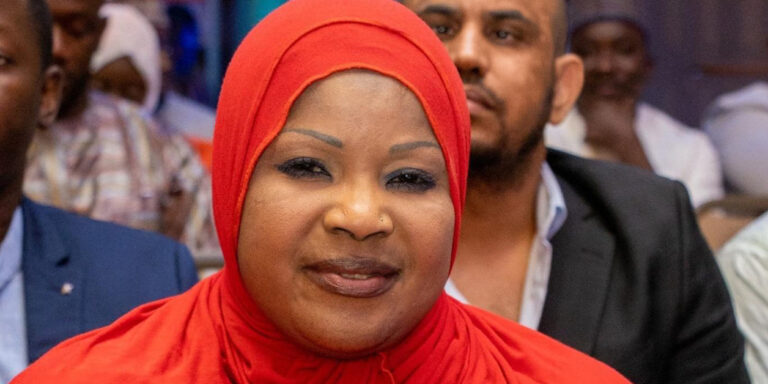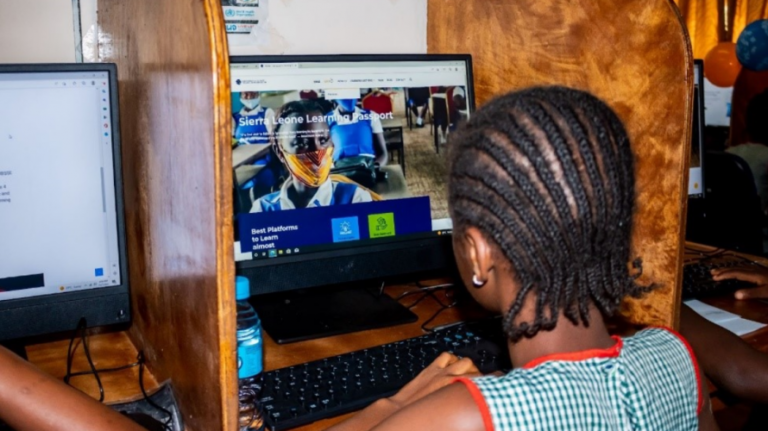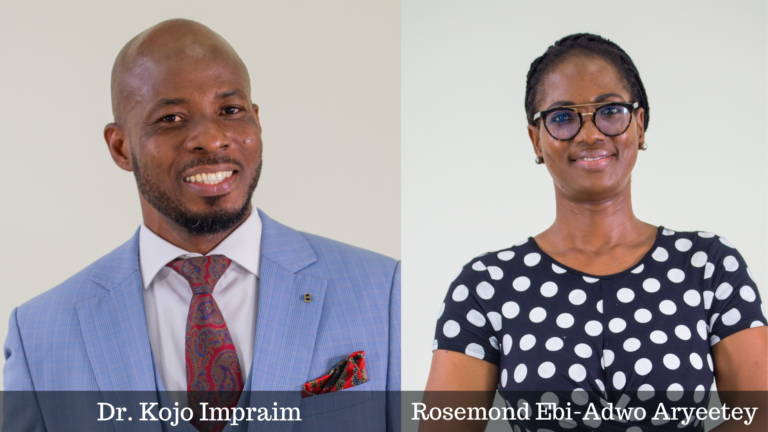Embattled Ghanaian journalist Noah Narh Dameh has died. The stalwart and beloved figure at Ghana’s premier community radio station, Radio Ada, passed on Sunday, September 17, 2023, at his residence in Ada in the eastern part of Greater Accra Region.
Dameh, had been battling with health issues since he was remanded in custody for a week from March 30, 2023, in a legal odyssey that had taken a heavy toll on him physically, psychologically and professionally.
Noah Dameh rose through the ranks to become the Deputy Station Coordinator at Radio Ada. A passionate professional, he dedicated his career to delivering news, stories, and insights to the Dangme people and beyond. His distinctive voice and unwavering commitment to community service earned him the admiration of many.
But Dameh’s health began to deteriorate following a series of events triggered by his relentless reporting on the controversial lease of the Songhor Lagoon to a single investor. In the pursuit of justice, the journalist had deplored grave human rights violations, including arbitrary arrests, detentions, prosecutions, and brutalities against Ada residents in connection with the lease.
The breaking point came when Dameh posted on his Facebook wall the picture of an Ada indigene in police custody who had been handcuffed to a hospital bed. In the accompanying text, the journalist claimed that the young man was being abused by the police at the alleged instance of Daniel McKorley, Chief Executive Officer of Electrochem Ghana Limited, the company awarded a contentious salt mining lease in Ada.
In response, Electrochem Ghana Limited filed a lawsuit against him, alleging defamation against their Chief Executive Officer, businessman Daniel McKorley, also known as MacDan.
In December 2022, the Tema Magistrate Court discharged Noah, citing lack of jurisdiction. But in an unexpected twist of fate, the police re-arrested and remanded the journalist for two weeks of which he served one week, before being granted police enquiry bail of GH₵ 60,000.00.
He has since been appearing in court and distracted from work, which is one of the objectives of SLAPP actions. On July 3, 2023, the presiding judge accused Noah Dameh of impersonating himself, threatening to issue a bench warrant for his arrest. The judge said she could not recognize Noah Dameh, who had grown lean due to ill-health.
The Media Foundation for West Africa (MFWA) on March 30, 2023, petitioned Ghana’s Attorney General to intervene and end the prosecution of the journalist.
On April 10, 2023, the MFWA, the Ghana Journalists Association in collaboration with the broadcast and print media owners’ groups, organised a press conference to demand an end to Noah Dameh’s prosecution and the repeal of the law on false publication which was being used to prosecute him and other journalists.
The presiding judge of the Tema Magistrate Court, Benedicta Antwi during a case management on July 31, 2023, referred Noah’s case to the Alternative Dispute Resolution (ADR).
Noah with his deteriorating health has since been appearing at the ADR center at Tema for a resolution on his issue. On Friday, September 14, 2023, during the adjudication, the plaintiff, Bernard Korley, who initially sued Noah Dameh for Electrochem Ghana Limited told Noah to apologise and publish same in newspapers across the country that he defamed MacDan.
“He said I should do that because MacDan is a big man and a Chief. So, I told him I don’t know MacDan as a Chief and also didn’t publish anything about him in newspapers. I told him if it is about the post I made on Facebook, I will pull it down after everything,” Dameh told The Fourth Estate, the MFWA’s accountability journalism project.
The journalist was to appear in court on September 25, 2023, for the trial of the case since it has failed to find a resolution at the ADR, but fate intervened to end the suffering.
He is a dedicated Ghanaian community journalist who devoted 25 years of his life to community storytelling and solution-focused journalism. Throughout his career, Dameh covered a wide range of topics, from local news to international affairs, always with a dedication to providing accurate and insightful reporting. His storytelling prowess was unmatched, making him a household name, especially in the Dangme land.
In confirming the incident to the Media Foundation for West Africa (MFWA), the management of Radio Ada described Dameh as a true patriot and a model of journalistic integrity.
“Noah is a warrior, defender, and survivor and fights not for himself but for people around him to have a smile and he is ever ready to do that with the last blood in him even if it will cause his life like now. Noah was a waymaker and a kingmaker, his demise means a lot to us,” Program Producer at Radio Ada, Gideon Amanor Dzeagu said.
He indicated that Dameh’s determination would gear and steer them on to seek justice for the betterment of society, and called for the brand of journalism that benefits the voiceless, as practised by the late journalist.
“As we mourn the loss of this tireless advocate for truth and justice, let us also remember the importance of fearless journalism in our society. Noah Dameh’s memory will forever inspire us to stand up for what is right, to speak out against injustice, and to ensure that his work was not in vain.
“In his honour, we must continue the fight for a more just and equitable Ghana, where the voices of the marginalized are heard, and their rights are protected,” Dzeagu added.
Radio Ada said it will announce plans for a special tribute broadcast to honour Noah Dameh’s memory, allowing his listeners to join together in remembering the legacy he leaves behind.
The Media Foundation for West Africa (MFWA) deeply regrets the passing of activist journalist Noah Narh Dameh for and with whom we fought on all fronts for justice in this matter. The MFWA was considering an application from Dameh to support other incidental expenses linked to his legal defense which was being supported by the fair trade organization, Third World Network.
We are sad that Dameh did not live to celebrate his eventual triumph in this SLAPP suit and his broader campaign against abuses linked to the Electrochem salt mining lease. The MFWA expresses its deepest condolences to Dameh’s family, colleagues at Radio Ada, the entire Ada community, especially the victims of abuse for whom the late journalist fought as well as the media fraternity in Ghana.

